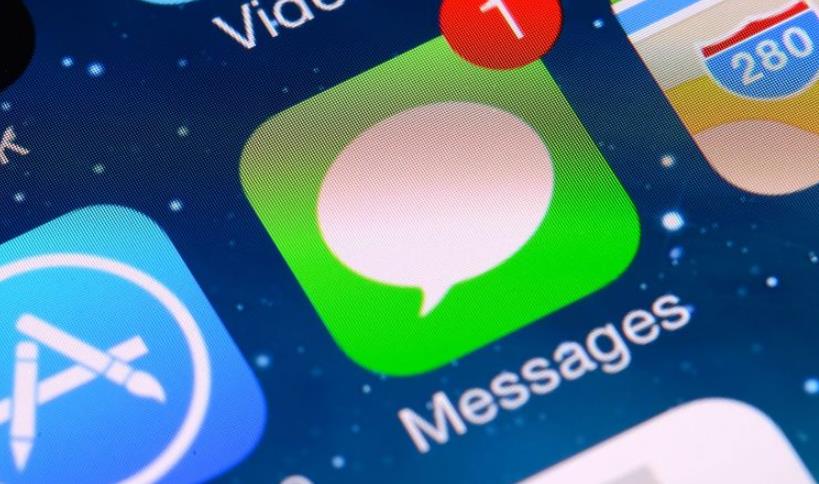Apple has announced that it will adopt a new messaging standard called Rich Communication Services (RCS) for iPhones in 2024. RCS is an upgraded text messaging system that allows users to send high-quality photos and videos, see when someone is typing, have group chats, and share their location. RCS is seen as a competitor to Apple’s iMessage, which offers similar features but only works between iOS devices.
Apple has been reluctant to adopt RCS for a long time, preferring to keep its iMessage service exclusive to its own ecosystem. However, the company has faced pressure from regulators, especially in the European Union, to open up its messaging platform to other services. The EU has proposed a new law called the Digital Markets Act (DMA), which aims to prevent tech giants from abusing their market power and creating unfair competition. One of the provisions of the DMA is that gatekeepers, or companies that control core platform services, must allow interoperability with rival services.
Apple has argued that iMessage is not a gatekeeper service, as it does not have a dominant market share in the EU. However, the EU has not yet finalized its list of gatekeepers, which is expected to be announced on September 6th. If iMessage is designated as a gatekeeper, Apple would have to comply with the DMA rules by February 2024, or face hefty fines. Therefore, Apple has decided to adopt RCS as a preemptive move, hoping to avoid regulatory scrutiny and potential litigation.

How RCS will work on iPhones
Apple has confirmed that RCS will be integrated into its Messages app, and that users will be able to switch between iMessage and RCS depending on the recipient. If the recipient is using an iPhone or another Apple device, the message will be sent via iMessage, and the chat bubble will be blue. If the recipient is using an Android device or another non-Apple device that supports RCS, the message will be sent via RCS, and the chat bubble will be green. If the recipient does not support either iMessage or RCS, the message will be sent via SMS, and the chat bubble will be gray.
Apple has also stated that RCS messages will be end-to-end encrypted, meaning that only the sender and the receiver can read them, and that no third party, including Apple or the network provider, can access them. This is similar to how iMessage works, and is different from how RCS works on Android devices, where encryption is optional and depends on the carrier. Apple has said that it will use its own encryption protocol, and that it will not share any user data with Google, which is the main developer of RCS.
What RCS means for iPhone and Android users
RCS is expected to improve the messaging experience for both iPhone and Android users, as it will enable more features and functionality across different platforms. Users will be able to enjoy richer media, faster delivery, and more reliable service, regardless of the device they are using. RCS will also reduce the confusion and frustration that some users face when they switch between different messaging apps, or when they communicate with people who use different devices.
However, RCS is not without its challenges and limitations. One of the main issues is that RCS is not universally supported by all carriers and devices, and that there is no guarantee that it will work seamlessly across different networks and regions. Another issue is that RCS is still dependent on the phone number, unlike iMessage, which can also use the email address or the Apple ID. This means that users will still need to have a SIM card and a cellular plan to use RCS, and that they will not be able to use it on other devices, such as tablets or laptops, unless they have a cellular connection.
Additionally, some users may prefer to stick to iMessage, as it offers some advantages over RCS, such as better integration with other Apple services, such as Siri, FaceTime, and Apple Pay. Some users may also value the exclusivity and privacy of iMessage, and may not want to share their messages with Google or other parties. Furthermore, some users may not care about the new features that RCS offers, and may be satisfied with the basic functionality of SMS.
Therefore, RCS is unlikely to replace iMessage or SMS completely, but rather to complement them and to provide more options and flexibility for users. RCS is also unlikely to end the rivalry and competition between Apple and Google, or between iPhone and Android users, as both sides will continue to innovate and differentiate their products and services. However, RCS may help to bridge the gap and to foster more communication and collaboration between different platforms and devices.
